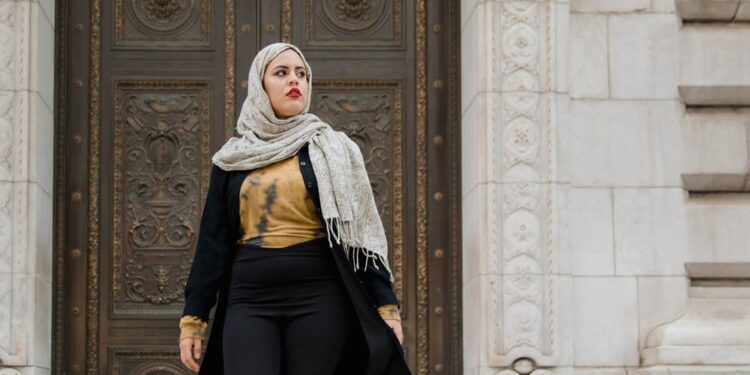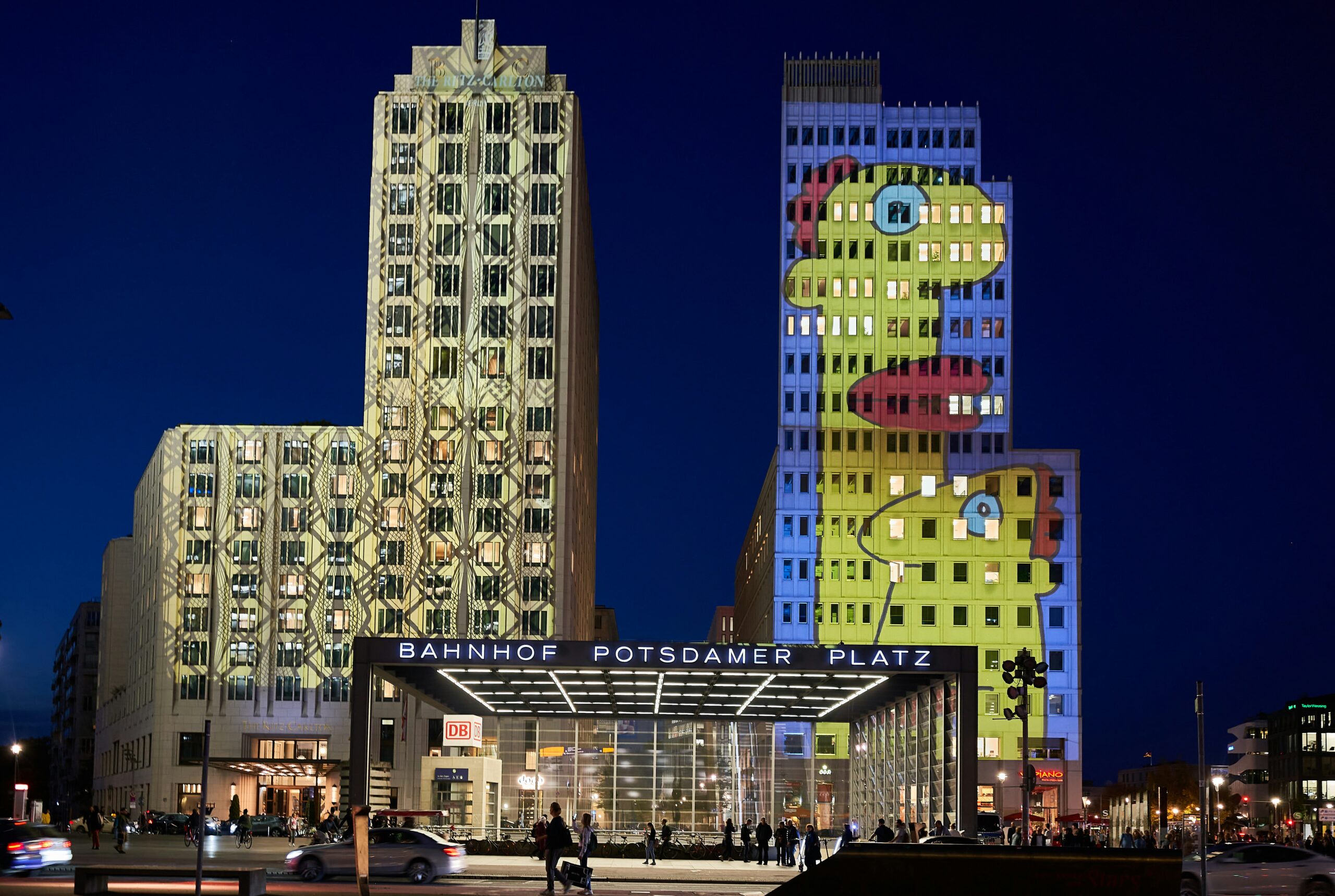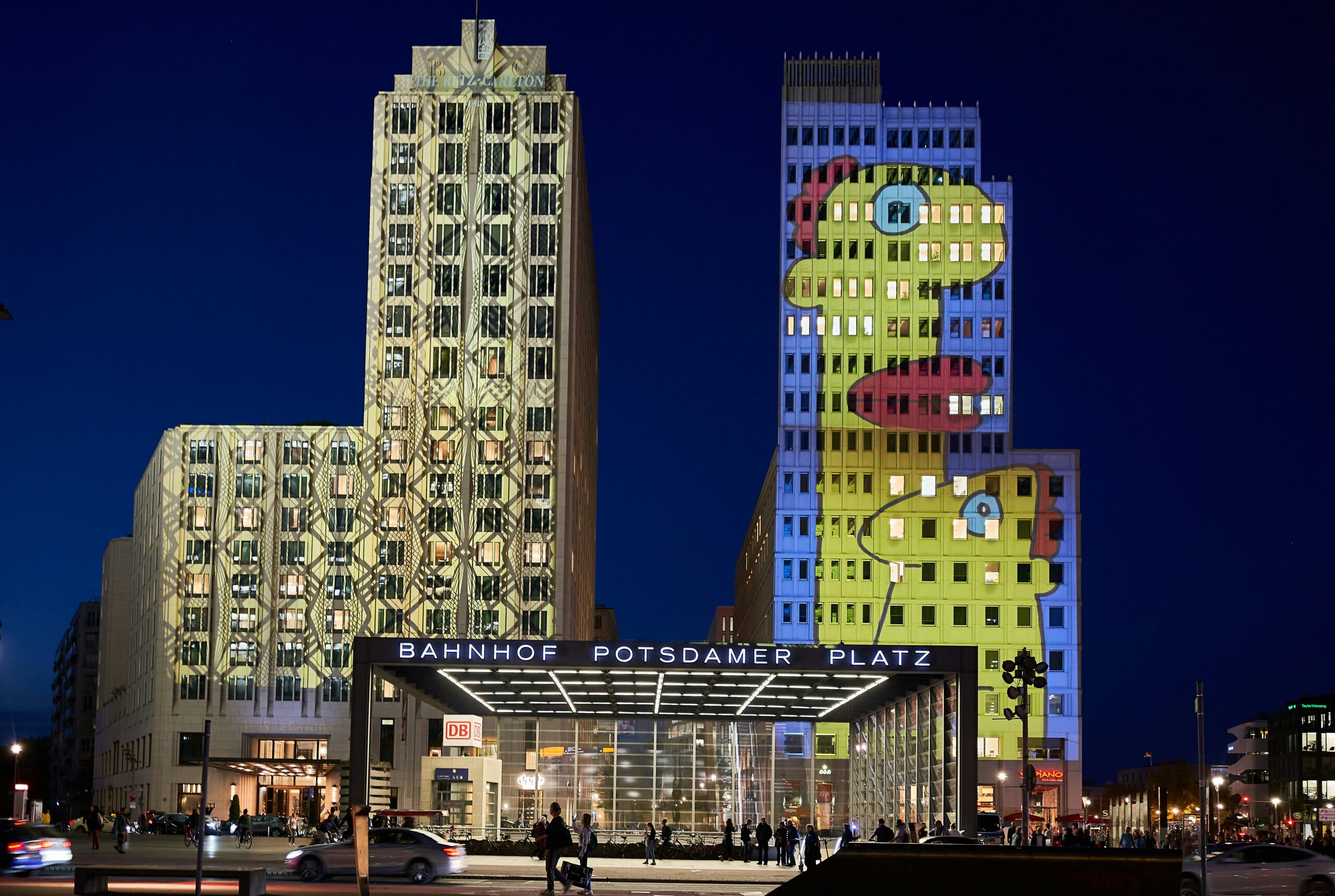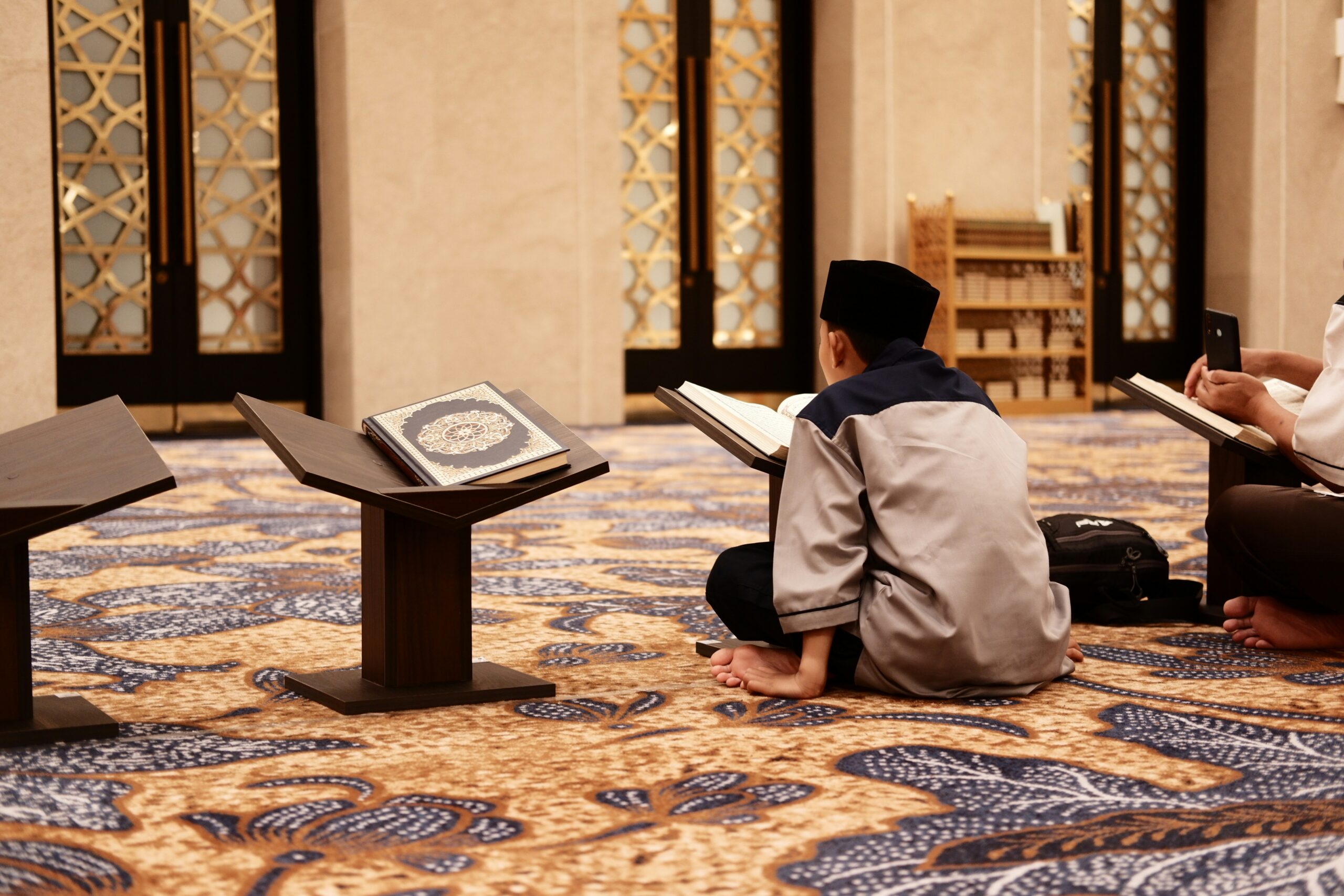Arab culture is the culture of the Arabs, from the Atlantic Ocean in the west to the Arabian Sea in the east, and from the Mediterranean Sea in the north to the Horn of Africa and the Indian Ocean in the southeast.
The Arab world is made up of 414.5 million people that live in 22 Arabic-speaking countries. These are situated in the Middle East and North Africa (MENA). If you plan to travel for leisure or business, it’s important to know the values and beliefs that differ from your country.
Interaction Between Cultures
Whether it’s for business or for pleasure, meeting Arabs is a rich and rewarding experience. You can learn more about their cultural values and how to behave in their country. You will see that their communities and even in their homes are helpful and encouraging. Not only do you realize the differences between their culture and your own, but you also understand and appreciate the similarities that you and the people of the Arab world have in common. without a doubt, with over 93% of the Arab population being Muslim, the biggest influence on modern Arab values is the religion of Islam.
The principal text of Islam is the Quran, revealed to the Prophet Mohammad by the angel Gabriel. It is not only the foundation of Islamic law (or Sharia), it is the basis for all Arab values.
In Arabic culture, family is a top priority. Family bonds are very strong, and most activities are family-based. Decisions are usually made based on what’s best for the family, not what’s best for the individual. Hygiene is very important in Arabic culture.
In this culture, the greeting is done with men by shaking hands according to the order of seniority; and never attempt to shake hands with an Arab woman unless she reaches out for you. In the Arabic culture, giving gifts is suitable if the meeting takes place at home, and the gifts must be packed.
Arabic culture is a rich and diverse heritage that has played a significant role in shaping the world as we know it today. From the arts to the sciences, Arabic civilization has made numerous contributions to the fields of literature, mathematics, medicine, and more. Here are some fascinating facts about Arabic culture:
-
Arabic is the fifth most spoken language in the world. With over 400 million speakers, it is widely used in countries like Saudi Arabia, Egypt, and Iraq.
-
Arabic calligraphy is considered an art form. It is a decorative script that has been used to write religious texts, poetry, and other important documents throughout history.
-
Arabic literature is renowned for its contributions to world literature. Poets such as Rumi and Omar Khayyam are widely recognized and celebrated for their works.
-
In the field of mathematics, the Arabic world made numerous contributions, including the development of algorithms, the introduction of zero as a number, and the invention of algebra.
-
The Arabic world was also a leader in medicine, with physicians like Al-Razi and Al-Zahrawi making important contributions to medical knowledge.
-
The Arabic world has a rich tradition of hospitality and generosity. It is customary to offer guests food, drink, and a place to stay as a sign of respect and hospitality.
-
The Arabic world is home to a variety of art forms, including music, dance, and visual arts. These art forms have been used to tell stories, express emotions, and entertain audiences for generations.
-
The Arabic world has a rich history of architecture, with the Great Mosque of Mecca being one of the most iconic structures in the region.
-
Arabic cuisine is diverse and flavorful, with dishes like falafel, kebab, and hummus being widely enjoyed by people all over the world.
In conclusion, Arabic culture is a rich and diverse heritage that has played a significant role in shaping the world as we know it today. From its contributions to literature and the sciences to its rich traditions of hospitality and art, Arabic culture is a fascinating and unique part of the world’s cultural heritage.









